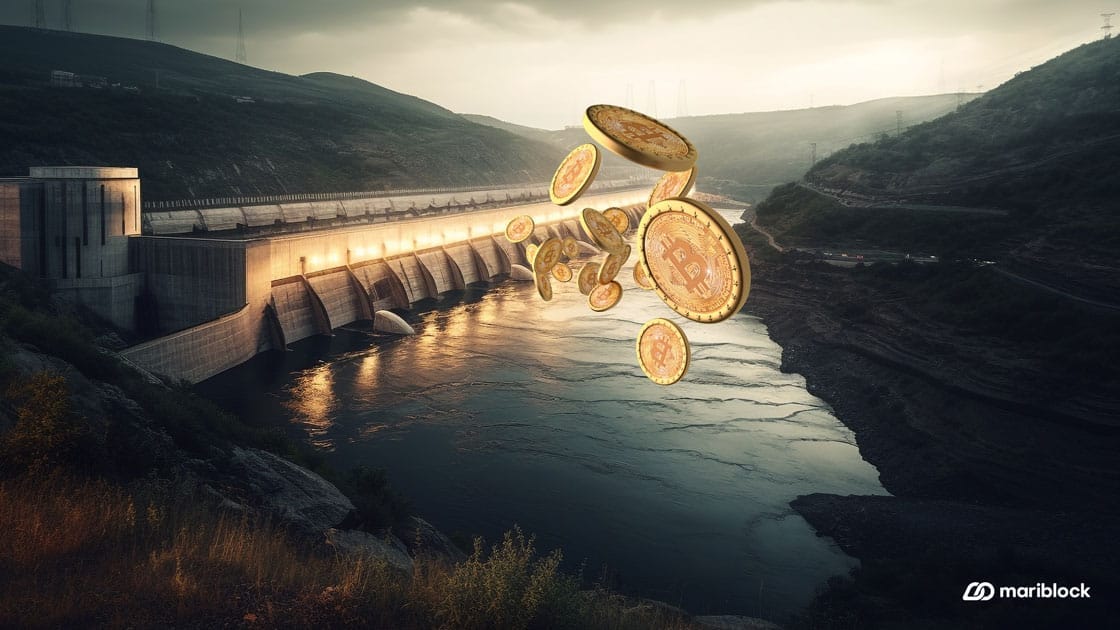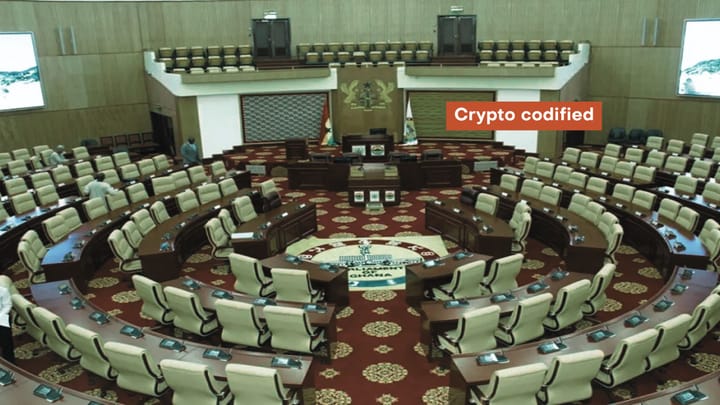Bitcoin mining set to power Ethiopia’s energy expansion
Ethiopia just inaugurated Africa’s largest dam, doubling power output — but still lacks the funds to deliver universal electricity access.

Ethiopia is exploring ways to generate revenue for expanding electricity access by selling its excess power to Bitcoin mining firms at rates lower than the global average.
With the recent inauguration of the Grand Ethiopian Renaissance Dam (GERD) — Africa’s largest hydroelectric project — the country has doubled its power generation capacity. It now hopes Bitcoin miners can make use of this surplus while it works to expand transmission infrastructure to underserved areas.

Quick facts
- On September 9, Ethiopia officially launched GERD, a project it had worked on since 2011.
- The $5 billion dam is designed to churn out a maximum of 5,150 megawatts of electricity and is expected to provide 15,000 gigawatts of power in a year.
- However, around 55% of the country’s residents do not have access to electricity because of infrastructural gaps. While the country now generates more electricity, it lacks the infrastructure to transmit it to the entire country.
- To earn money to plug these infrastructural gaps, the government of Ethiopia has been selling excess power to Bitcoin mining companies, which are flocking to the country due to the cheap electricity.
What they’re saying
- According to Ashebir Balcha, the CEO of Ethiopia Electric Power, the sale of power to Bitcoin mines is merely a stopgap to help the country raise money to distribute electricity to its citizens.
- He does not expect the arrangement to be permanent. This is even though a year ago, the country earned $55 million from selling power to Bitcoin mines within ten months.
- Balcha, when asked if Bitcoin is given preference over other local industries in power distribution, said:
“No way...Until the people have full access and the economy starts to consume all the power, we are using Bitcoin for transmission. It’s not a permanent endeavor.”
Zoom in
- On the other hand, Bitcoin miners are motivated to set up shop in the country because the electricity is cheaper compared to any other country that permits Bitcoin mining activities.
- According to reports, the Ethiopian government is selling power to the miners at three to four cents per kilowatt hour, much less than the global average of 15 cents per kilowatt hour.
- In any case, most countries prefer not to accommodate Bitcoin mining operations because of fears that they contribute to the emission of harmful gases as well as overburden existing power structures.
Before now
- In February last year, Mariblock reported that the Ethiopian government signed an agreement with 21 Bitcoin mining companies, a figure which eventually rose to 25.
- By November the same year, the country had generated $55 million from these agreements and was contributing 2.5% of the global Bitcoin hash rate.
- However, the EEP announced last month that it had reached its limit and would not be issuing any more permits to data mining companies.
- This was because nearly 20 additional mining firms, beyond the 25 already in operation, have been on a waitlist to secure approval to tap into Ethiopia’s electricity grid for Bitcoin mining purposes.
- Balcha stated that the country’s grid had reached its full capacity and could not accommodate any additional mining activities.




